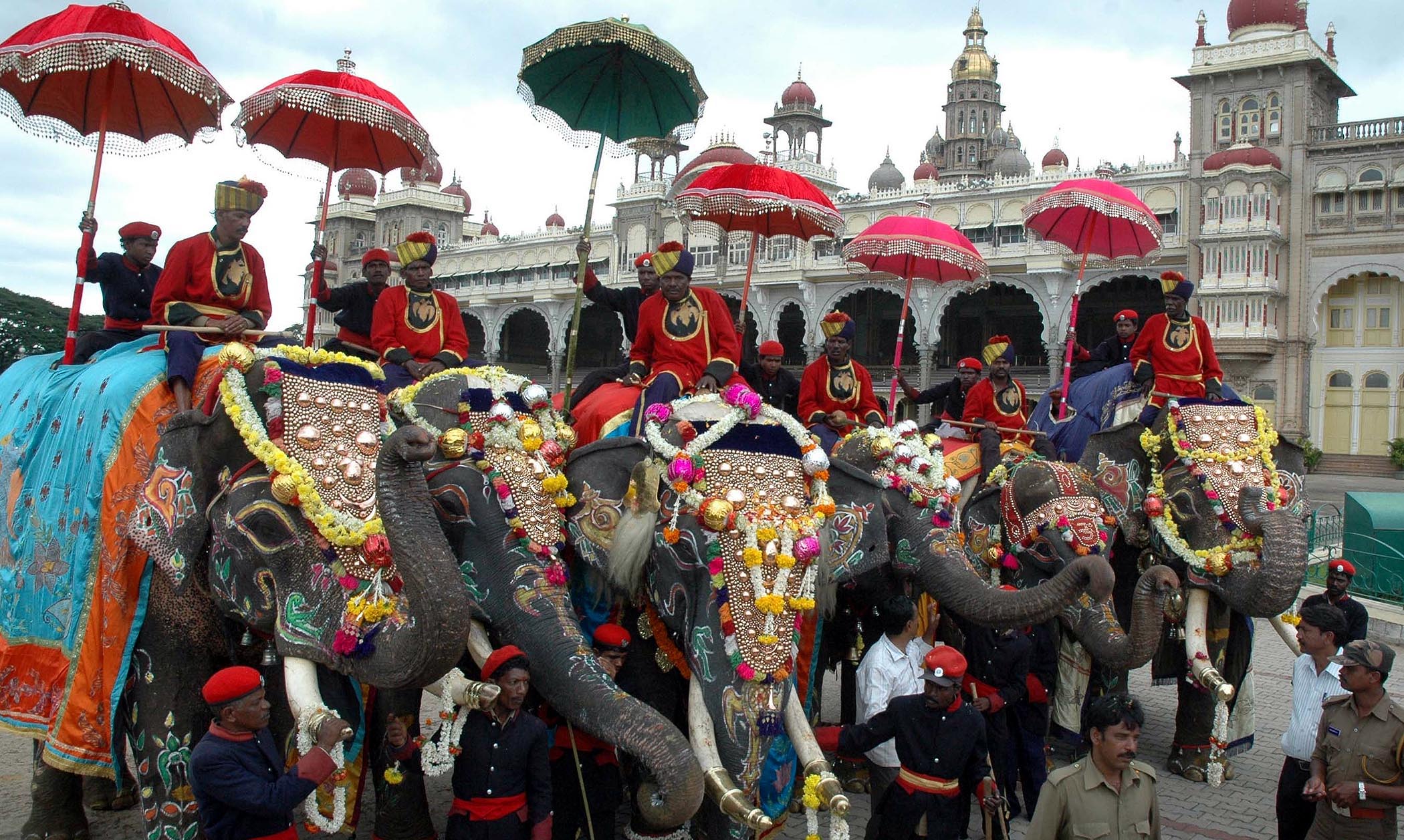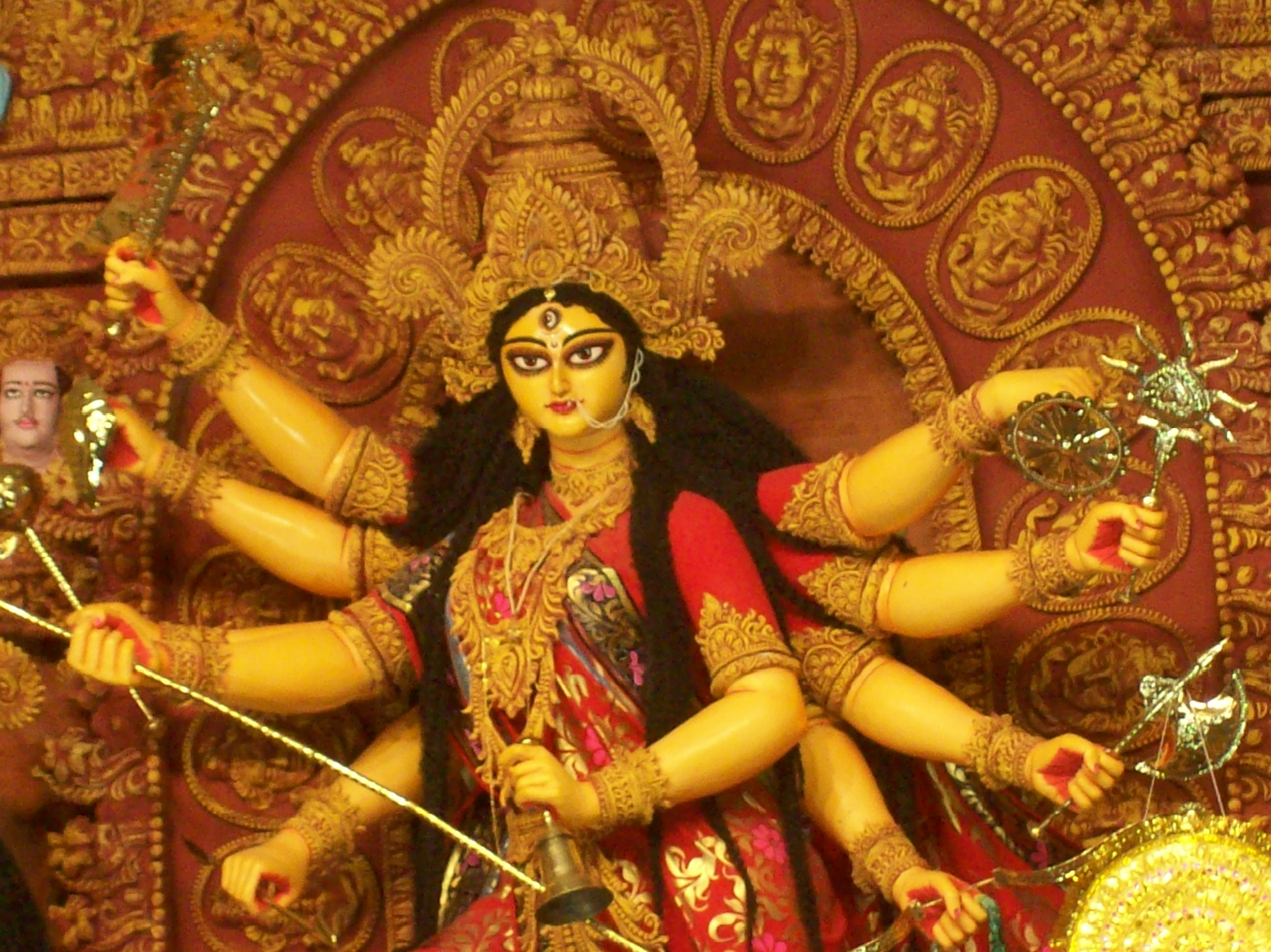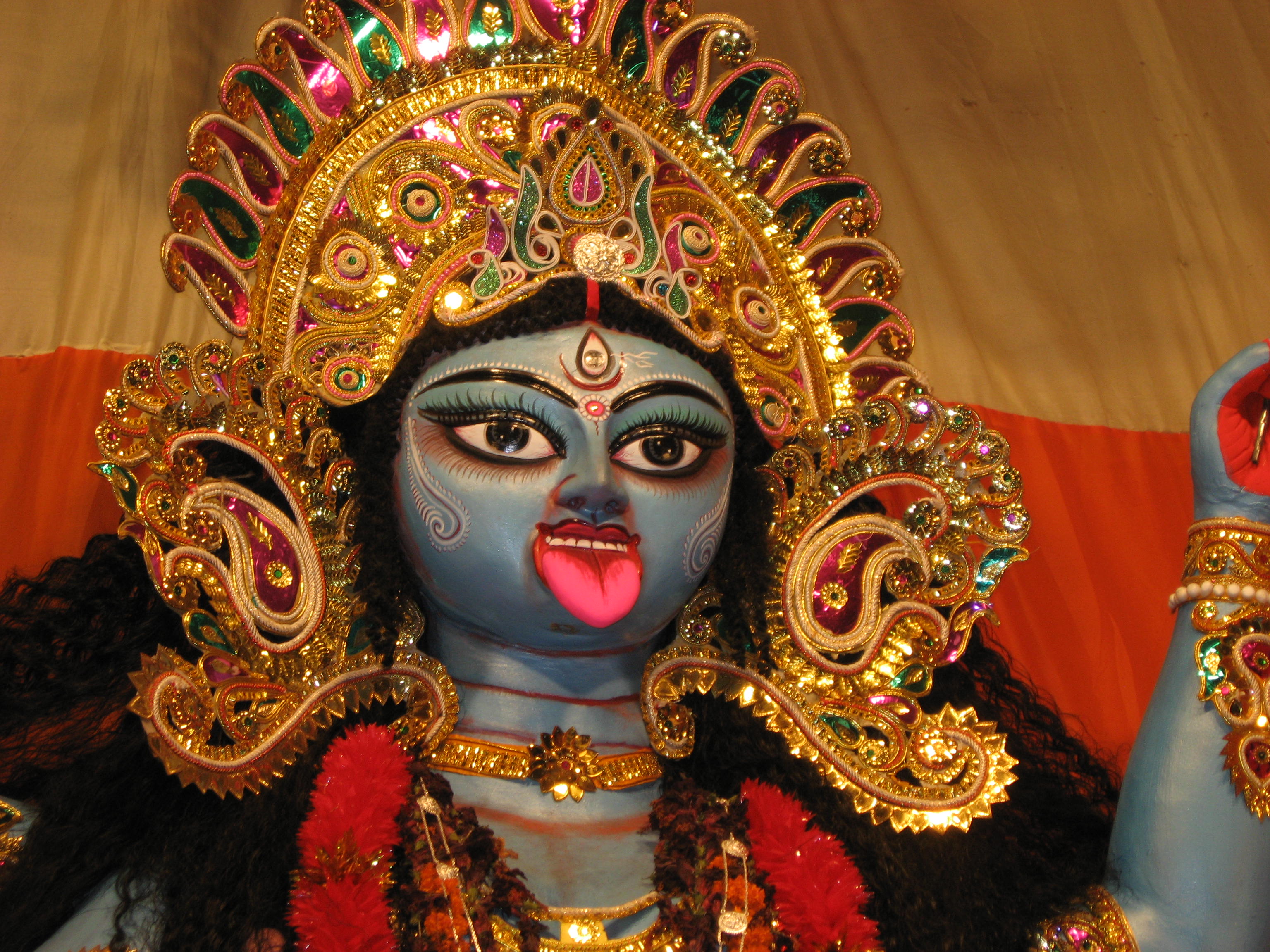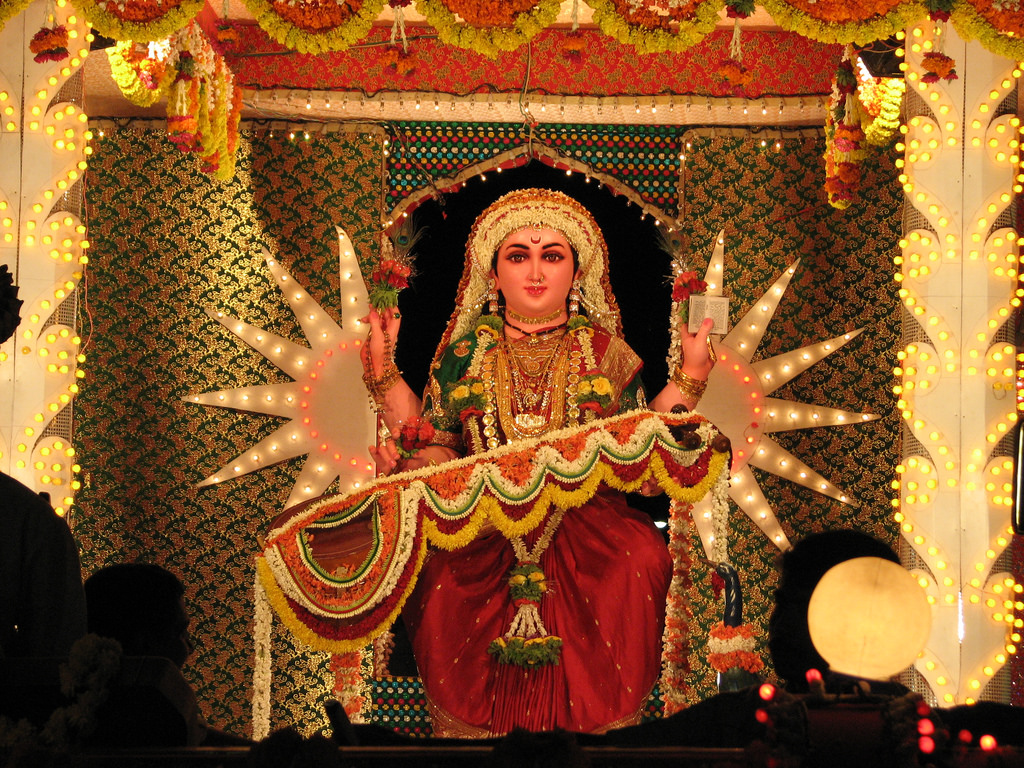Jataka Tales – The Monkeys and the Ogre (Nalapana-Jataka)
There once was a water-ogre living in a lake within a thick forest. This particular water-ogre would hide in the lake and would attack and devour any creature that would come down to the lake to drink water. In this same forest, the Buddha in a previous birth lived as a monkey king who reigned over a troop of 80,000 monkeys. In this forest there were many poisonous plants and lakes haunted by ogres, so to protect his troupe, the monkey king laid down the rule that all the monkeys should first consult with him before eating any new fruits or drinking any new water in unexplored territories.
One day the monkeys were trekking through a new part of the forest and came across a lake. After wandering for a whole day they were quite thirsty, but they waited for their monkey king to come before drinking the water. When the monkey king arrived, he noticed his troupe waiting for him and asked, “Well, my friends, why don’t you drink?” “We waited for you to come” the monkeys replied. So the monkey king walked around the lake to inspect it and along his way he noticed that there were many footprints down to the lake, but they all went down and none of the footprints came back up from the lake. With this observation, the monkey king knew right away that this lake was the haunt of an ogre. And so the monkey king said to his troup, “You are quite right, my friends in not drinking of this water; for the lake is haunted by an ogre.”
Upon realizing that the monkeys were not going to come down to drink the water, the water-ogre assumed the form of a huge monster with “a blue belly, a white face, and bright-red hands and feet”.
“Why are you all seated here? Go down to the lake and drink, it is cool and refreshing,” said the water-ogre. The monkey king then asks the monster if he is the water-ogre and if he does in fact prey on all the animals that go down to drink the lake’s water.
The water-ogre responds, “Yes, I am the water ogre and I eat everything that comes down to drink my water and I will also eat all of you as well!” The monkey king then tells the ogre, “we shall still drink and enjoy the water but we are not so foolish as to let you eat all of us.”
Perplexed as to how this was going to happen, the water-ogre and the other monkeys watched the monkey king take a reed, after which he recalled the Ten Perfections (in Buddhism the “perfections are the virtues that are fully developed by a bodhisattva or Buddha-in-training, to become a Buddha”) and then blew down into the reed, making it hollow throughout, without any obstructions. One by one he blew into many reeds, but due to the sheer number of reeds needed for his 80,000 monkey troupe, he got up and toured around the lake and declared, “Let all reeds growing here become hollow throughout!”
With this all the reeds did in fact become hollow and so the monkey king sat at the bank of the lake and started drinking the water through a reed, and all the monkeys of his troupe followed in the same manner. Upon seeing this, the water-ogre become frustrated and enraged that he could not eat the monkeys, and retreated back into the lake. After drinking all the water they desired, the monkeys happily went back into their forest home.
The moral of this tale is that the maya of material or sensory pleasures (in this case tasty prey for the water-ogre and refreshing water to quench the monkey’s thirst) can bring suffering if approached with greed. However, one who is patient and wise and entrusts on the spiritual truths can find and manifest solutions to surpass greed and prevent suffering, and also still be able to enjoy the material and sensory pleasures without giving into greed – as did the monkey king and his entire monkey troupe.
References:
- Jataka Tales by H. T. Francis, M.A., J. Thomas, M.A. Emmanuel College, Cambridge, Massachusetts, USA at the University Press 1916, pages 23 – 25
https://archive.org/stream/jatakatales00fran/jatakatales00fran_djvu.txt
- The Ten Perfections:
http://www.oxfordbibliographies.com/view/document/obo-9780195393521/obo-9780195393521-0034.xml
By – Alicia Morrissey












